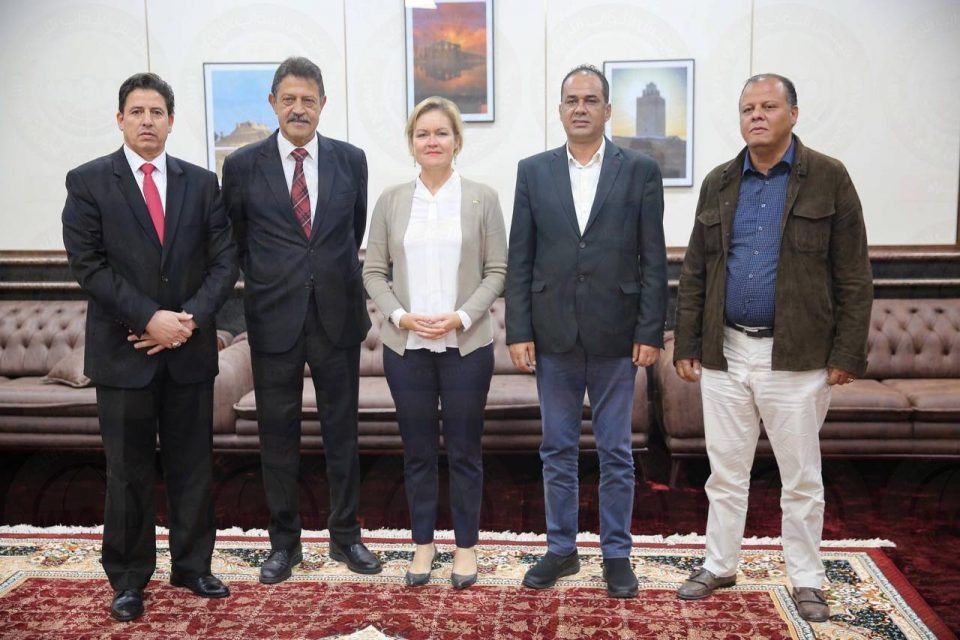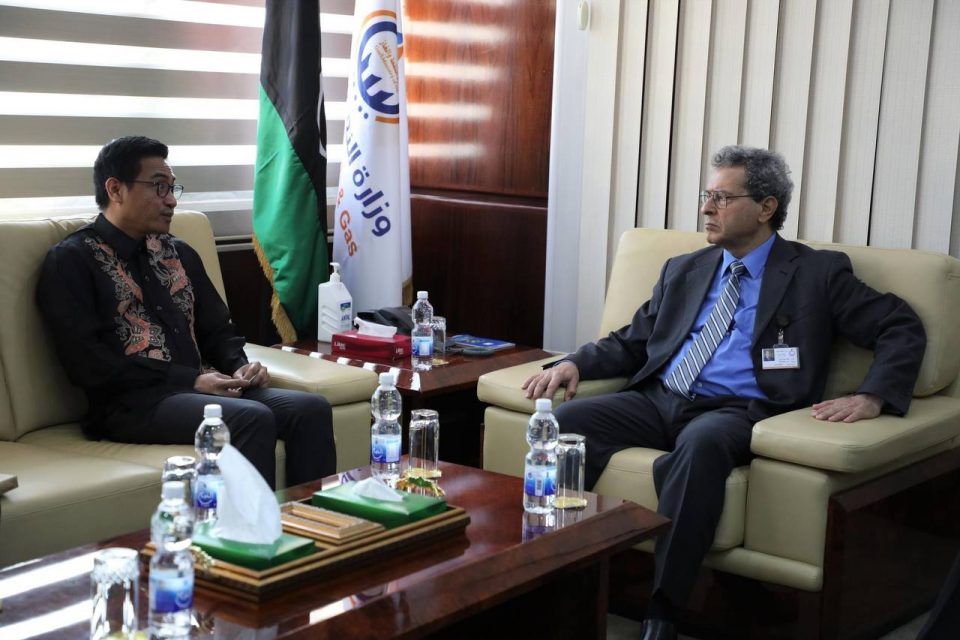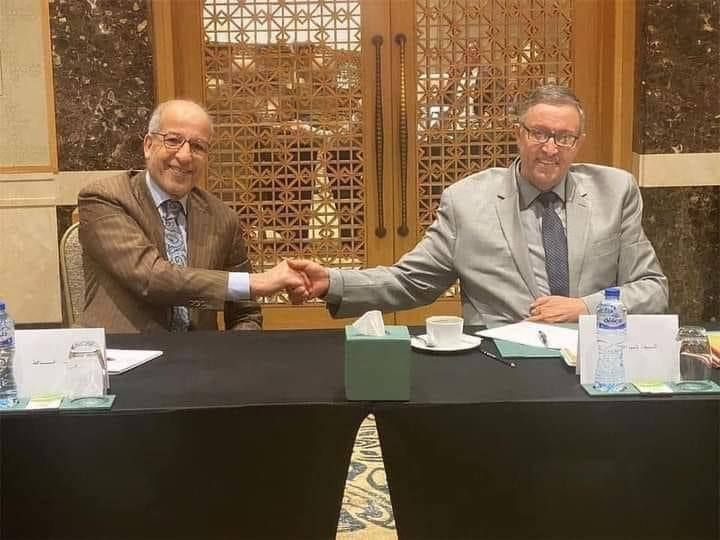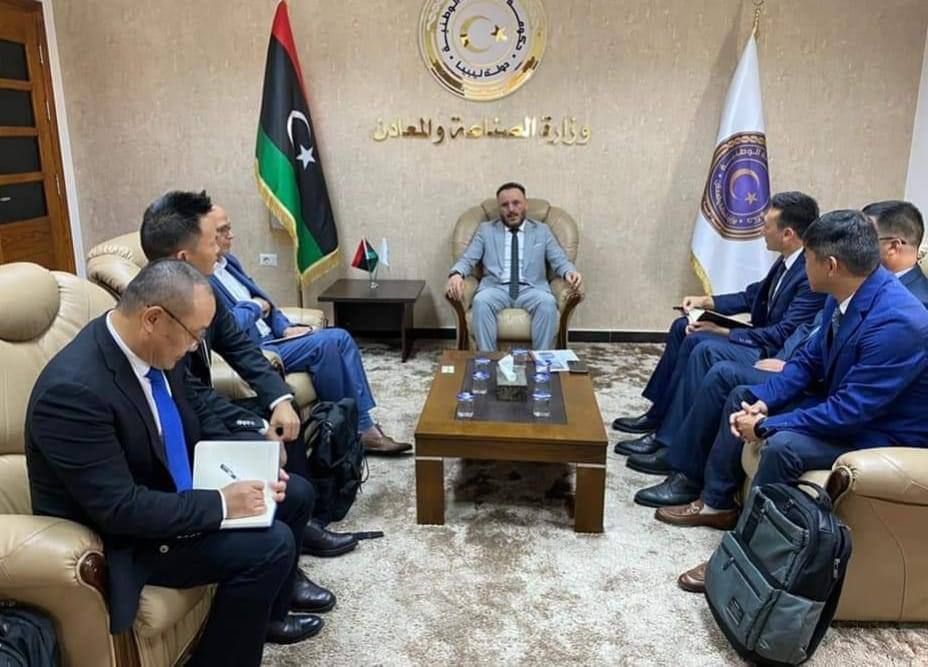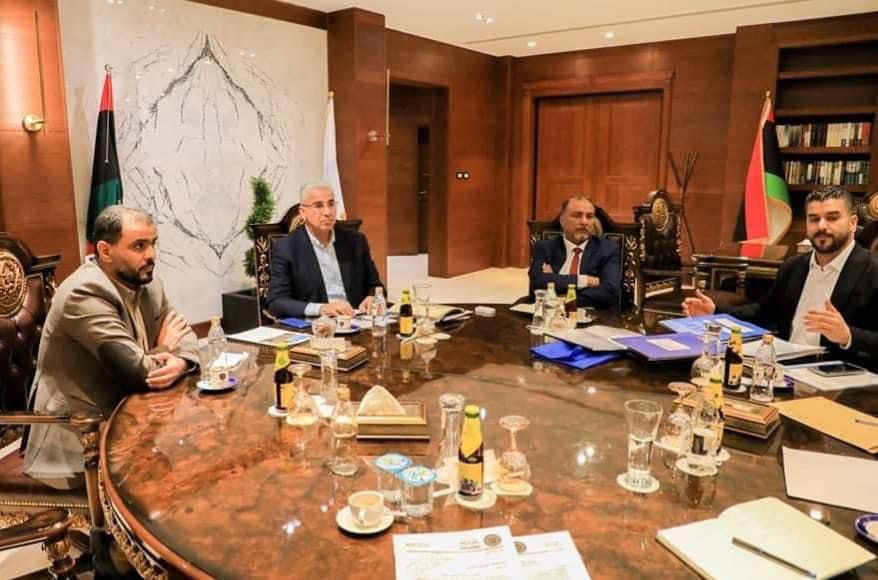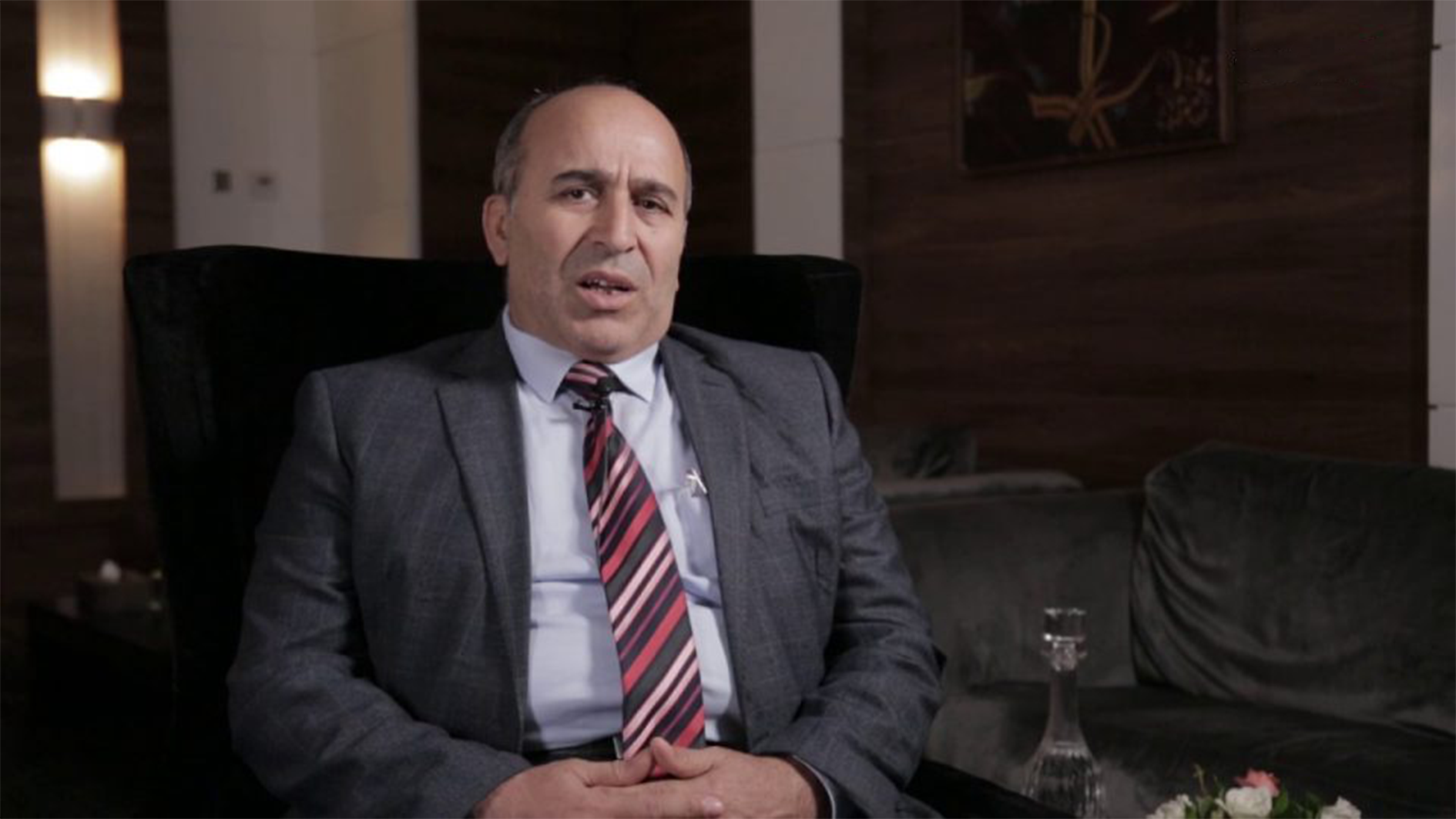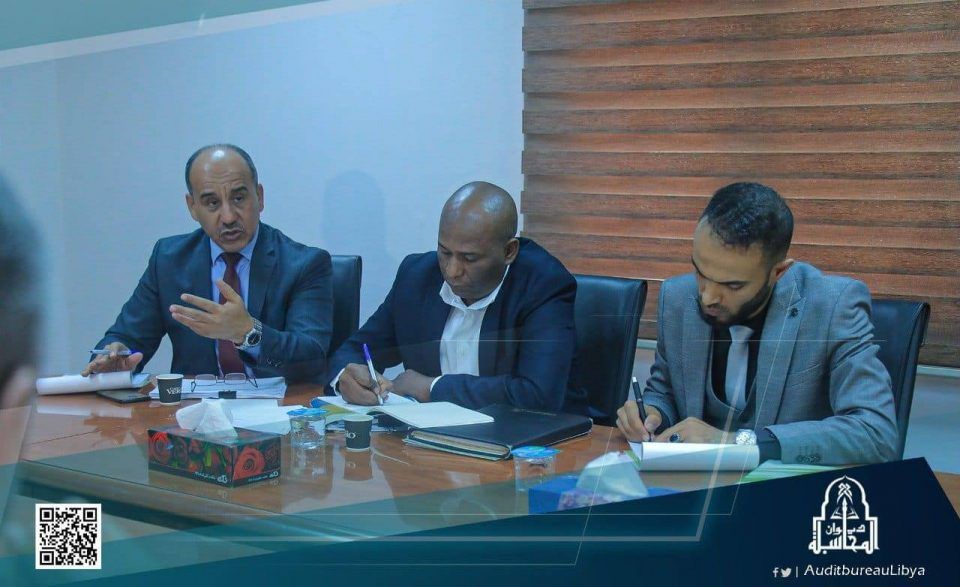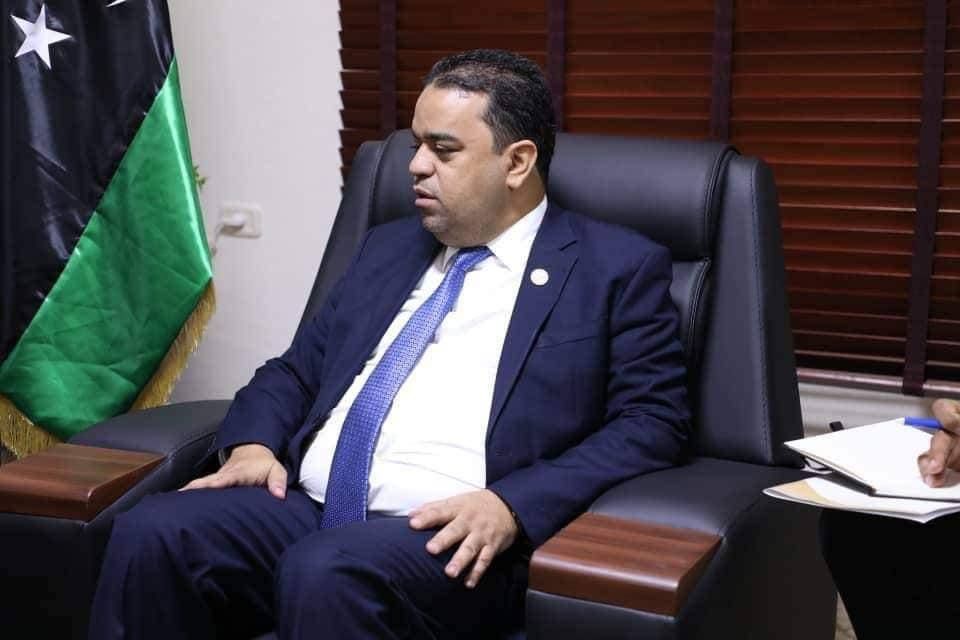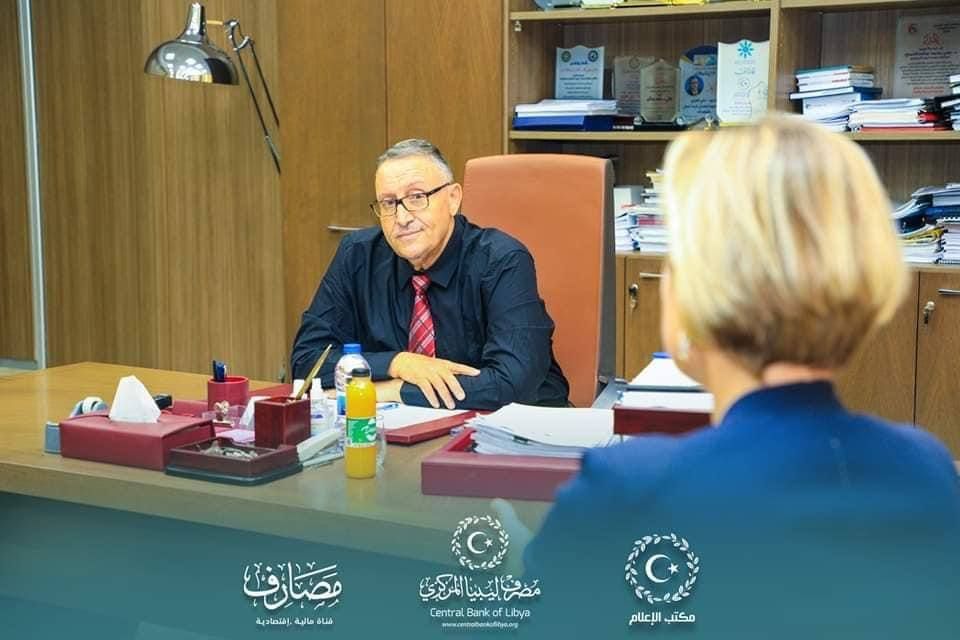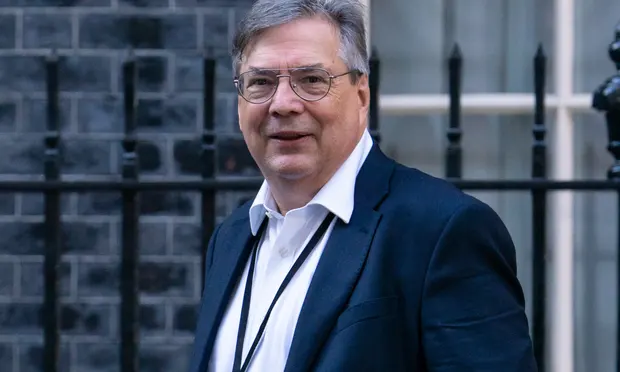Mark Fullbrook, the No 10 chief of staff, accompanied the Libyan politician, Fathi Bashagha, to a meeting in the Foreign Office to lobby officials on foreign policy, it has emerged, raising further questions over his influence.
The Labour party has said Fullbrook’s position as Liz Truss’s most senior official is “untenable” after it was revealed that he facilitated unofficial meetings in June with senior cabinet ministers for Bashagha, who is seeking international support as a rival prime minister, has links to the Russian Wagner Group and a military strongman in the east of the country.
Bashagha and Fullbrook met Stephen Hickey, a director for the Middle East and north Africa, despite it not being a trip officially hosted by the UK government and the UK ambassador to Libya having to clarify that he was not a guest of the UK.
During the two-day visit, Fullbrook was helping Bashagha to lobby the government to diverge from the official stance of the UN and back a rival administration in Libya.
Bashagha met also Kwasi Kwarteng, then business secretary, and Nadhim Zahawi, then education secretary, at an unofficial appointment in parliament. It also reported that Fullbrook had made efforts to influence Truss, despite No 10 having previously told the Guardian that his company, Fullbrook Strategies, “did not lobby Liz Truss when she was foreign secretary”.
In his bid for power, Bashagha formed an alliance of convenience with not only the powerful speaker of Libya’s House of Representatives (HoR), but also eastern Libya’s military strongman, Khalifa Haftar, a man accused of war crimes.
The UK ambassador in Libya, Caroline Hurndall, has met Bashagha more than once and the UK policy is to focus on the UN-led efforts to get both sides to agree to the terms of national elections.
Downing Street was contacted for comment on Fullbrook’s role in the meeting. No 10 told the Sunday Times at the weekend that he had recused himself from matters involving Libya. A Fullbrook spokesperson told the newspaper: “These matters relate to Mr Fullbrook’s engagements long before he was involved with any government role.
Libya is now broadly divided between two sides: one based in Tripoli, dependent on Turkish support and led by Abdul Hamid Dbeibeh, and the other based in the east and reliant on the support of Russia and the United Arab Emirates.
